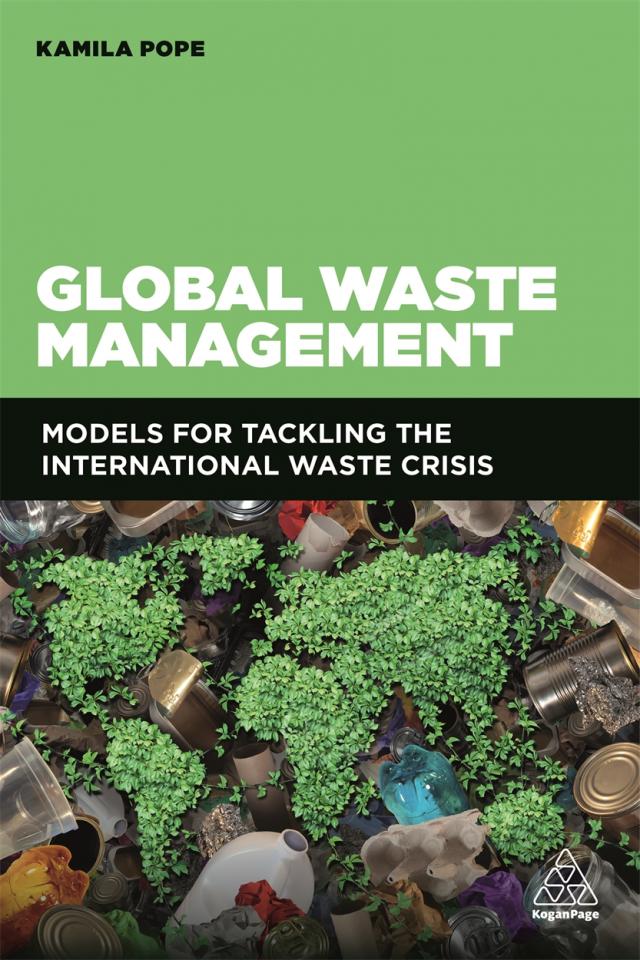- Looks at the international trade of waste between countries, where hazardous and non-hazardous wastes are exported from developed to developing countries
- Features theory and research supported by fascinating case studies looking at trans-boundary waste transfer, covering essential topics such as the Chinese ban on waste imports and the huge issue of plastic waste
- Includes governance and management models and strategies for dealing with the waste crisis
- Presents vital data and statistics on the waste crisis, examines possible causes and introduces different discourses and strategies
- Performs a comparative analysis between the current main laws that regulate waste at international, European and Brazilian levels
Global Waste Management
Models for Tackling the International Waste Crisis
Key features at a glance
About the book
WINNER: 2020 International Solid Waste Association Publication Award
Among other factors, rapid global population growth, our development model and patterns of production and consumption have increased waste generation worldwide to unsustainable rates. This rise has led to crises in many countries where waste management practices are no longer sound. Global Waste Management outlines the emerging global waste crisis considering the perspectives of developed and developing countries around the world and the international relationships between them. This book provides an ecological viewpoint as well as studying these problems from a legal and justice standpoint.
Global Waste Management contextualises the problems faced when dealing with waste including the causes and origins. Focus is given to cross border waste transfer, as an ongoing and controversial practice, making waste management a global matter. This book scrutinizes existing international, European and Brazilian regulation on waste to highlight the complexity of the subject and the weaknesses of the law. Using a critical and socio-ecological approach, the book proposes an original model of governance to support a new system of global waste management that takes into account ecological sustainability and social justice to overcome the waste crisis. To create these models, a theoretical framework on socio-ecological justice is developed and combined with different discourses and theories described throughout the book. This is the essential guide to understanding the global waste crisis and the future of waste management.
Related products





